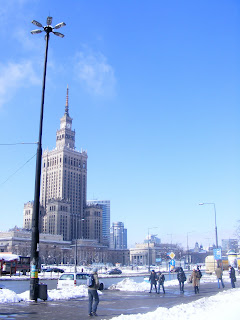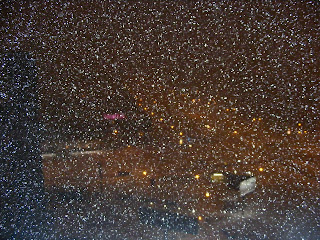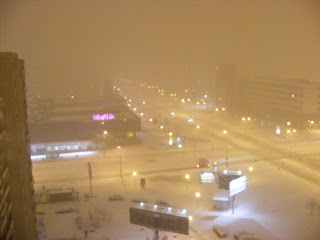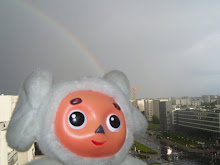The woman was the eldest of four sisters who lived in Warsaw. In 1939, the Nazis invaded and Warsaw became occupied. On August 1st, 1944, the Warsaw Uprising started. The Poles were locked in a pitched battle for two months. It ultimately ended with the capitulation of the City Center, but afterwards much of the remaining populace in Warsaw was rounded up and shipped off to work camps.
The two younger sisters, who were in their middle-teen years, were sent off to a work camp near Berlin. They remained there for the remainder of the war. The eldest two, in their early twenties, were first shipped off to Auschwitz. After a short stay there, they were sent off to Ravensbrück, then to Buchenwald. Just before the US Army liberated the camp, the girls were marched out under armed guard in a long column. They had to walk miles each day with little food or water. German peasants would come up and give them a little bit of water to drink and some meager scraps to eat—not a lot, but something. They were between the lines (American and Soviet) when the war ended. The guards simply left them there and went back home (presumably.) When the Soviets approached, all the young women had to hide from the soldiers for fear that they would be raped. The woman said she hid—I think underneath a bed—until the old women told them all it was safe to come out and the Soviets had passed. The two sisters took a train to Prague, where they spent a month in a hospital and recovered. After that, they walked back home, all they way to the rubble of Warsaw. The youngest two sisters survived the inferno around Berlin and simply walked back to Warsaw from Berlin.
A story like that kind of helps you put your life in perspective.






















